Directed by Yūichirō Hirakawa (‘Mimi wo sumaseba’) and produced by Shin’ichi Takahashi and Kei Haruna, ‘Burn the House Down’ is a Netflix thriller-drama series from Japan. The plot follows Anzu Murata (Mei Nagano), whose house was burned down 13 years ago. Her mother, Satsuki (Michiko Kichise), accepted the blame, presuming she had left one of the stoves on. The relationship between Satsuki and her husband, Osamu Mitarai (Mitsuhiro Oikawa), rapidly deteriorated after this, and they divorced.
Osamu subsequently removed himself from the lives of his daughters, Anzu and Yuzu (Yuri Tsunematsu), and married one of Satsuki’s friends, Makiko (Kyōka Suzuki). As she grew up, Anzu never forgot that Makiko was smiling when she (Aanzu) spotted her in the crowd on the day their house burned down and came to believe that the other woman was responsible for it. As an adult, Anzu infiltrates the home of her former family to find out what really happened all those years ago. ‘Burn the House Down’ is a story of envy, greed, and love.
Burn the House Down is Based on a Japanese manga
‘Burn the House Down’ is not based on a true story. Instead, it has been developed from a Japanese manga of the same name (‘Mitarai-ke, Enjou suru’) written and illustrated by Moyashi Fujisawa. The Josei series was published by Kodansha and comprises eight volumes, which originally came out between March 2017 and April 2021. Kodansha announced the development of the Netflix series through their social media in July 2022, hailing it as “Big news.”
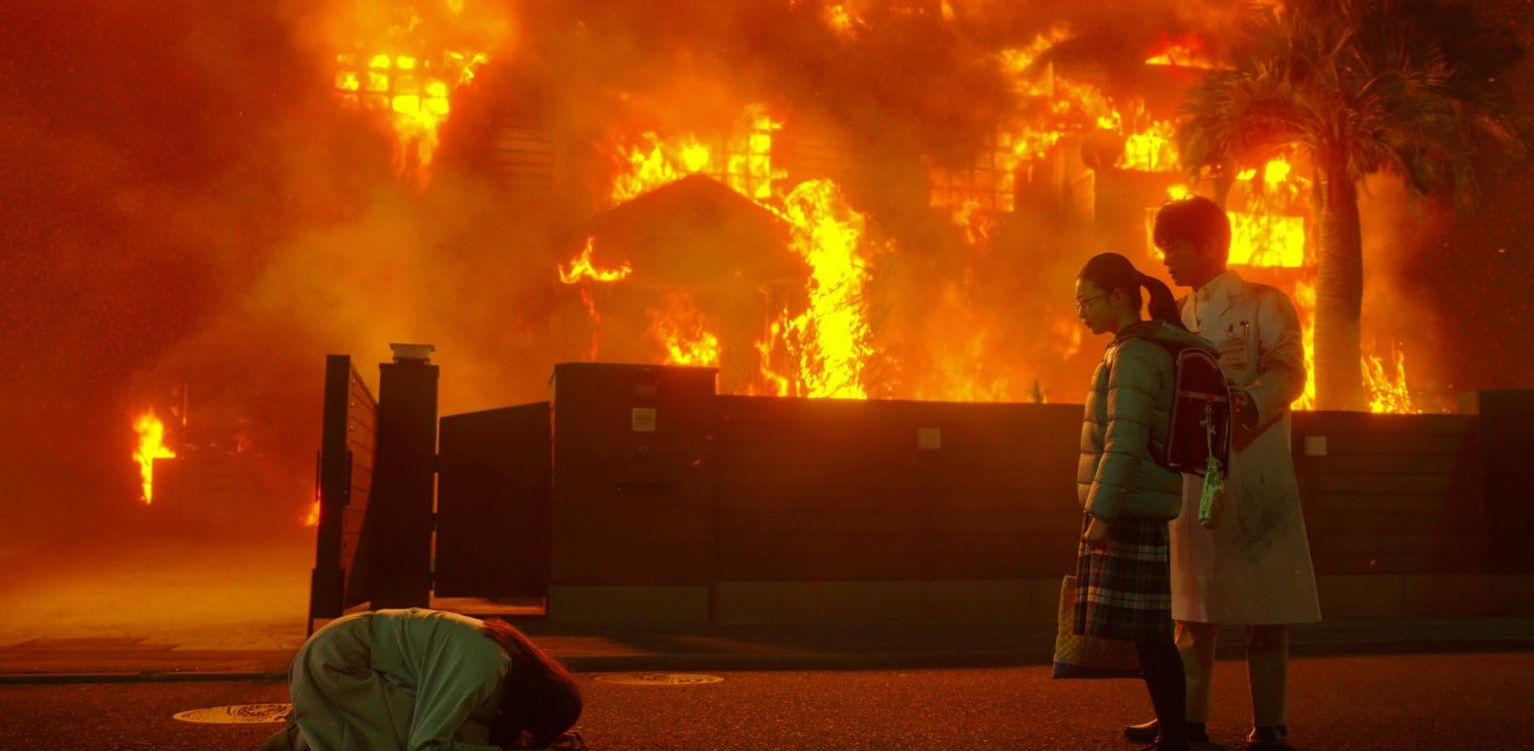
During an event in Japan, actress Mei Nagano, who portrays Anzu in the series, revealed that she took housekeeping lessons to prepare for the character. “She is in the Mitarai family as a housekeeper, so I took a lesson on housekeeping.” The actress said. “I had never asked a professional to clean my room, and I had never seen a professional do it, so I made new discoveries. I was impressed by how professionals devised how to start and finish wiping.”
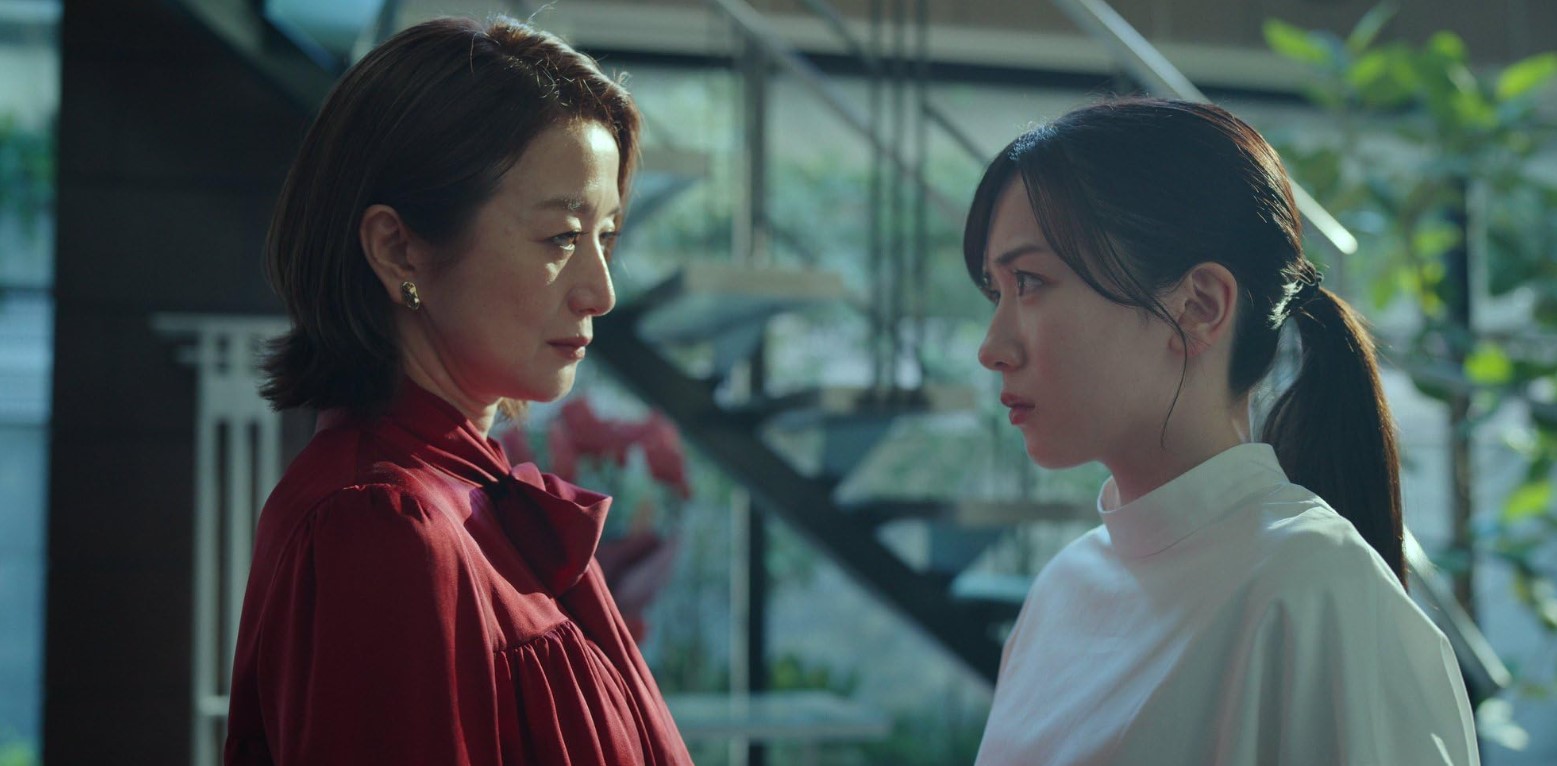
Director Yūichirō Hirakawa referred to Nagano’s character as the “demon of revenge” during the same event. According to Nagano, this is the strongest character she has ever portrayed. “Among the roles I have played so far, there has never been a woman as strong as this. I was able to act with pride,” she said. “There was a sense of urgency on set, but there is a greater sense of urgency in the video. It’s getting hotter and hotter, but there are some scary scenes that make you nervous, so please look forward to them.”
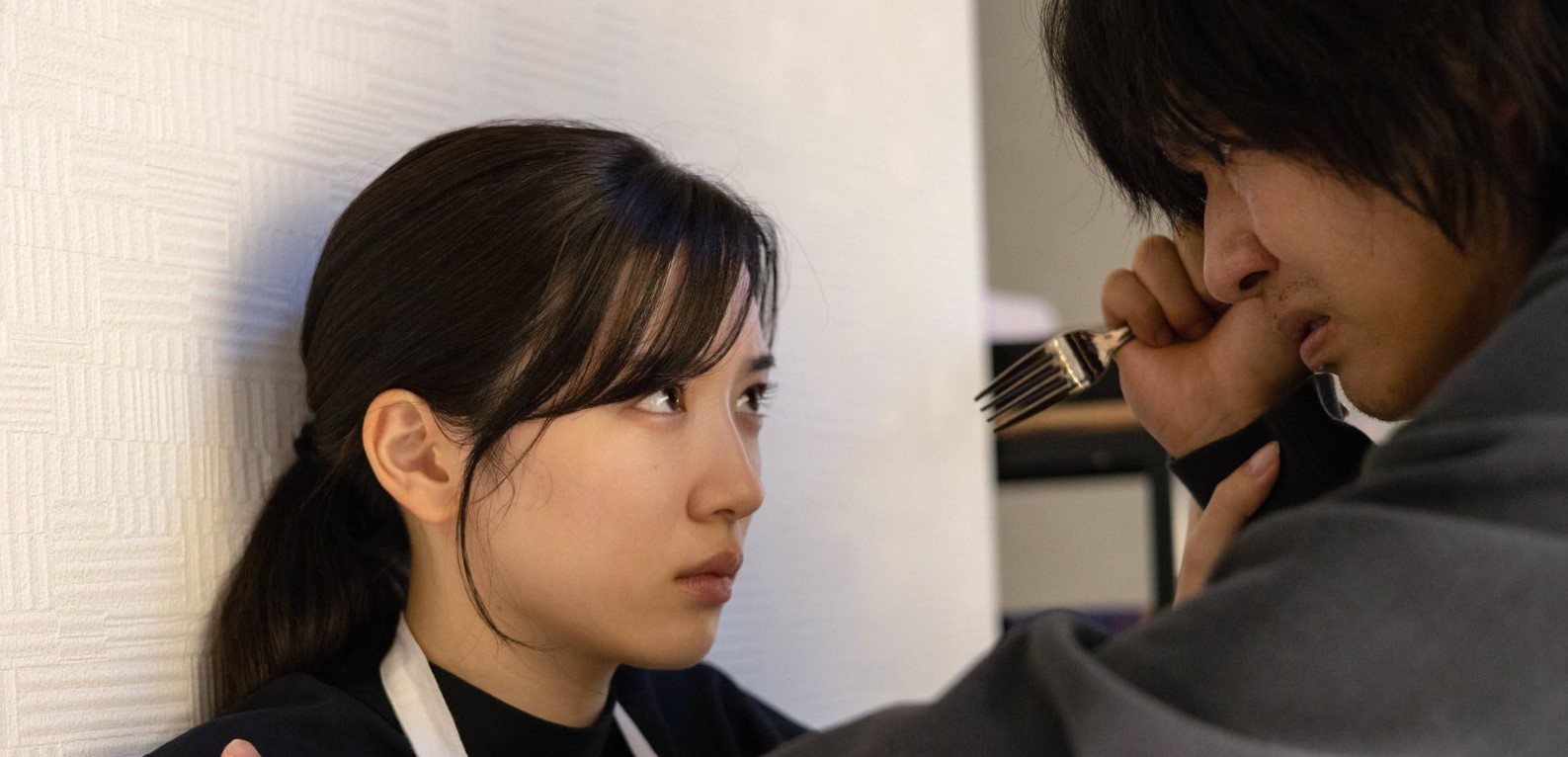
The unique business model Netflix employs has allowed them to expand across the world. Given that Japan is the home of manga, light novels, and anime, it is no wonder that the streaming giant has taken a special interest in developing content there. However, Netflix’s attempts to churn out live-action shows based on manga or light novels have produced mixed results. While there are great examples of this endeavor, such as ‘Alice in Borderland’ and, indeed, ‘Burn the House Down, there are adaptations of ‘Cowboy Bebop’ and ‘Death Note,’ which received predominantly negative responses from fans and critics alike.
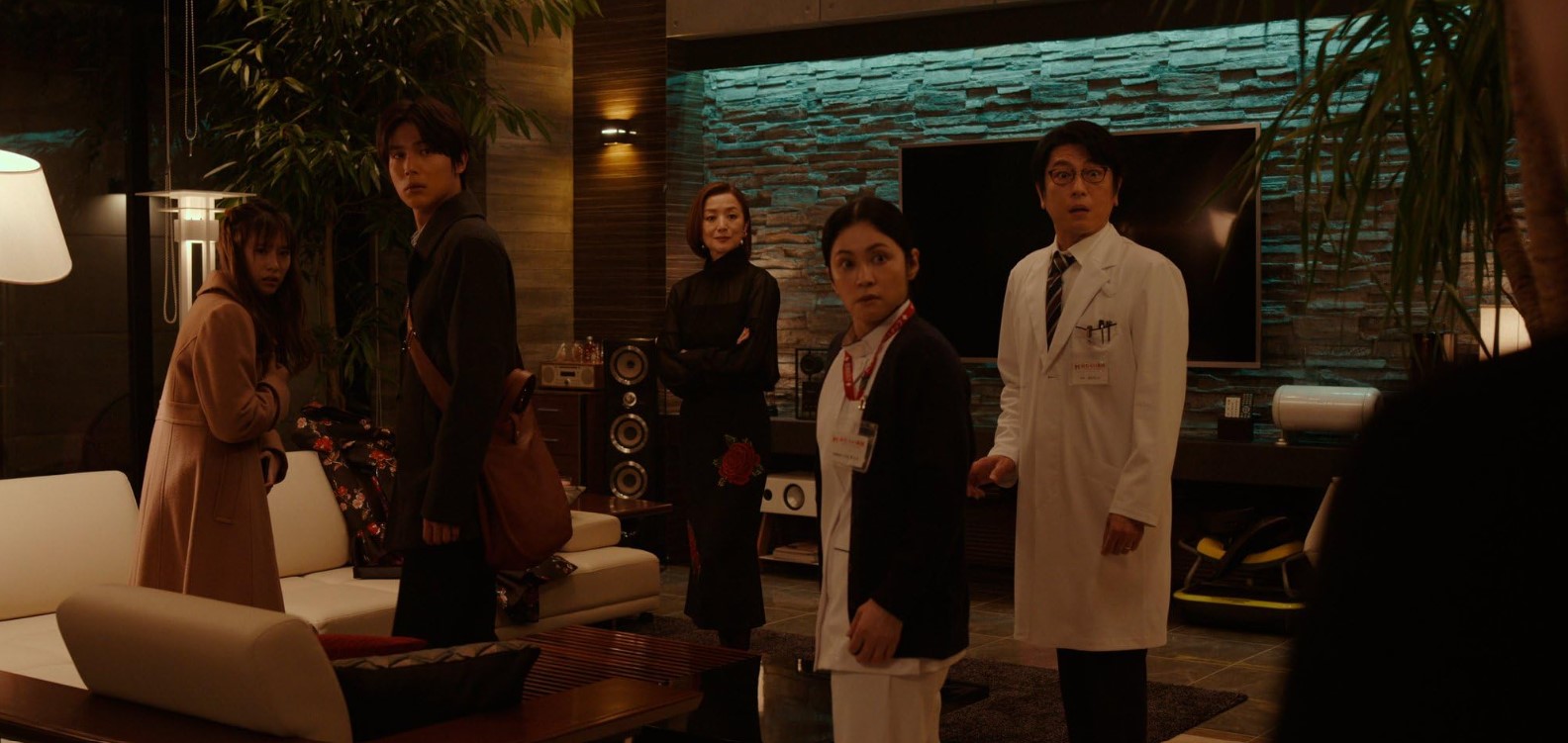
Although ‘Burn the House Down’ is ultimately a fictional thriller, it candidly addresses themes such as spousal abuse, parental abandonment, hikikomori or social shut-in, and financial disparity. It also explores mental health issues through characters such as Kiichi (Asuka Kudo), Makiko’s eldest son from a previous marriage, and Satsuki. So, to sum it up, while ‘Burn the House Down’ has some elements of truth embedded into its narrative, it is ultimately a fictional story based on a manga series.
Read More: Burn the House Down Ending, Explained: Who Set the Fire?

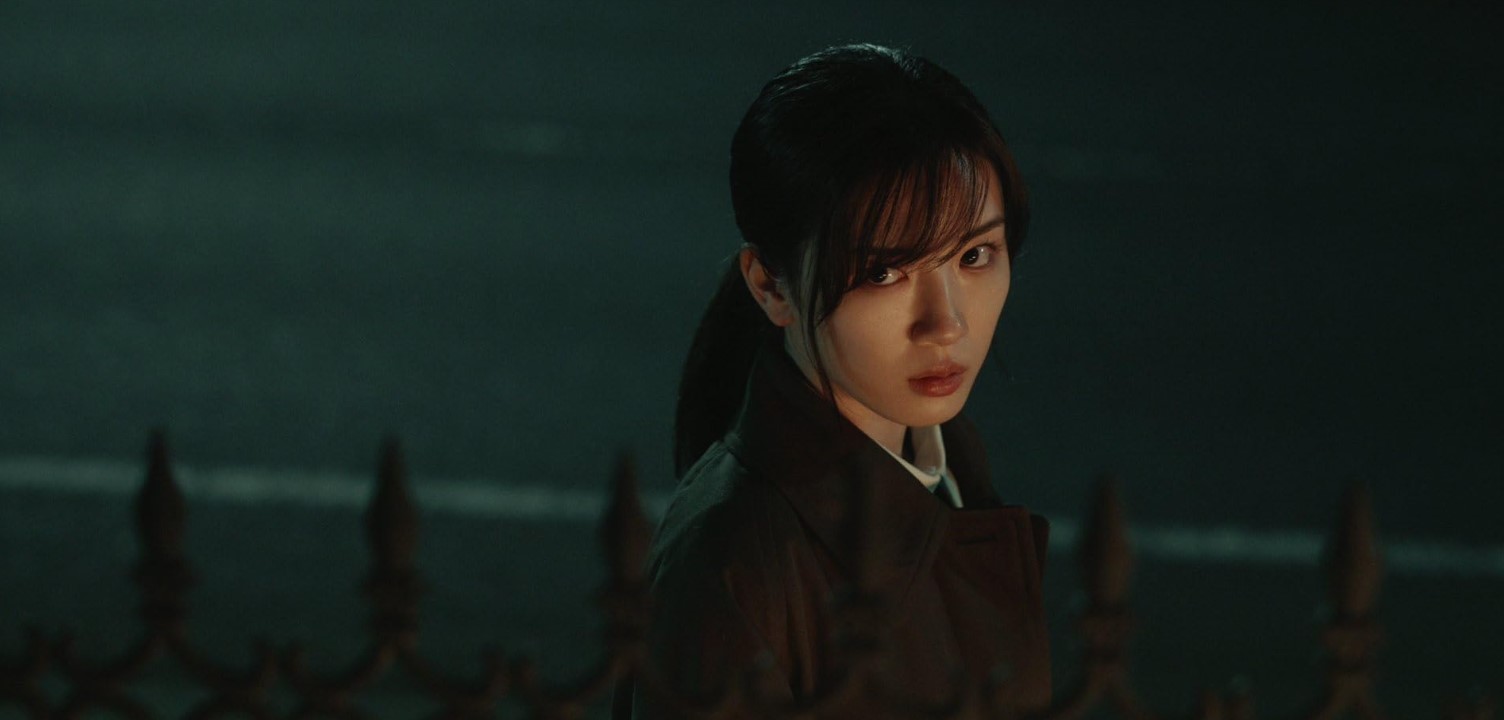
You must be logged in to post a comment.